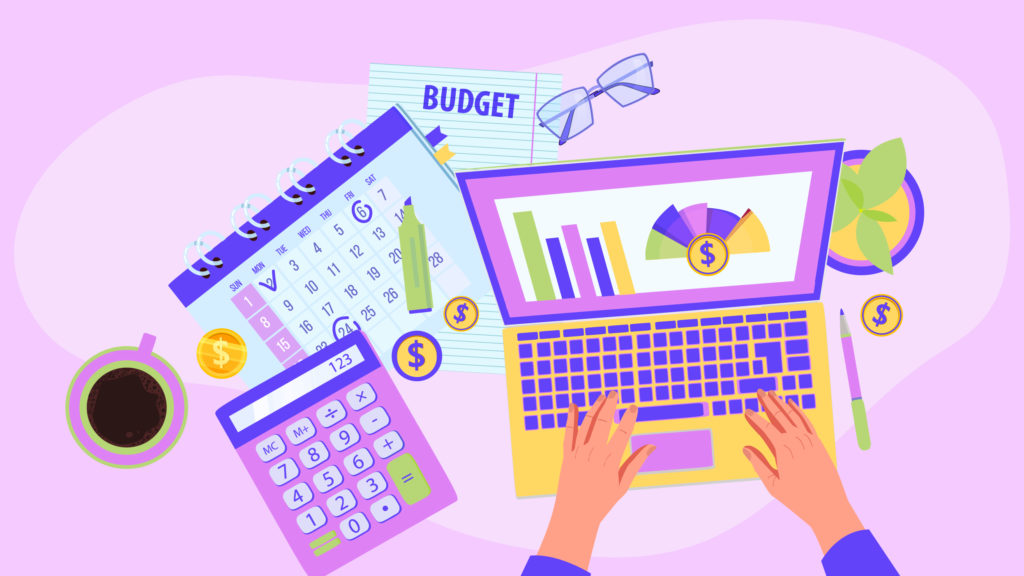Money, relationships and stress

Money, relationships and stress. Whether we like it or not we live in a world that runs on money, especially in OECD nations.
Planning ahead with money

Planning ahead with money Many of our unexpected expenses aren’t so much unexpected as they are unplanned. When you become aware of an event or situation that is on the horizon, be sure you are planning for the related expense.
Benefits of Budgeting

Benefits of Budgeting. Keeping a budget can allow you to:
Ways to Budget

Ways to Budget There are many ways to budget; they range from simple to complex, depending on your needs.
What you need to know to be a mindful shopper

What you need to know to be a mindful shopper. The pandemic has placed enormous pressure on the global supply chain, which has led to retailers warning goods will take longer to arrive than they would have before the pandemic.
Managing financial stress and mindfulness

Managing financial stress and mindfulness. In the second part of our financial stress webinar covering managing financial stress, we look at goals, mindfulness, and monitoring progress with expert help from Lea Clothier, a Master-certified behavioural money coach involved in the development of the Financial Mindfulness program. Part one looked in detail, decision making, literacy, and […]
Disorganised finances

Disorganised finances. A persistent, nagging fear of money is all too real for many people. The medical word for it is Chrematophobia, also known as Chrometophobia and its sufferers have a much higher likelihood than average to experience financial stress. The individual reasons are probably as varied and nuanced as the number of sufferers, but […]
How to maintain a budget

How to maintain a budget. Setting up a budget is a great step toward improving your relationship with money and, ultimately, your financial position.
How to budget successfully

How to budget successfully. Last week, we established that budgeting isn’t easy, so you need to understand why it’s a behaviour that must be followed up with regular—and even daily—actions.
Ten steps to increase your financial literacy

Ten steps to increase your financial literacy. The feeling of fear and anxiety of not knowing your subject matter strikes most of us. When it comes to your finances, it is no different. Making financial decisions comes with consequences, both good and bad.